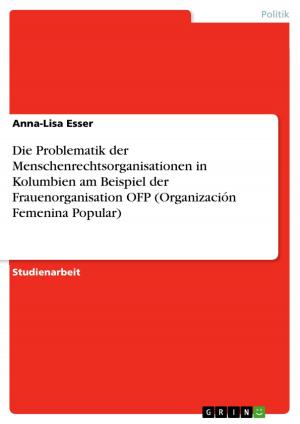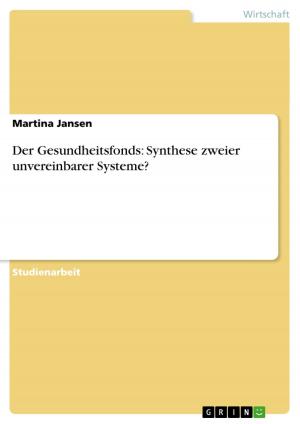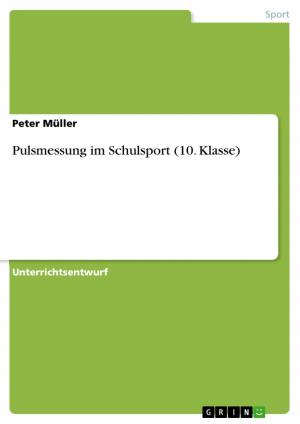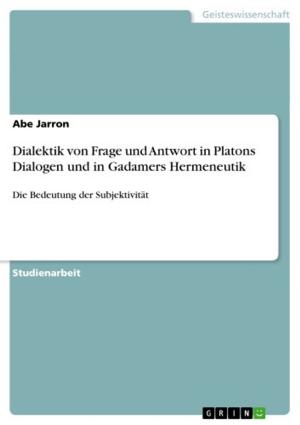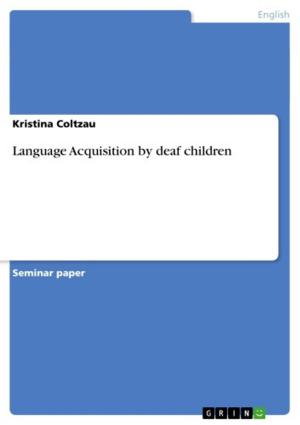The controversial character of Shakespeare's Lady Macbeth
Manly heroine or (stereotypical) mastered female?
Fiction & Literature, Literary Theory & Criticism, British| Author: | Sabine Buchholz | ISBN: | 9783638906203 |
| Publisher: | GRIN Verlag | Publication: | January 30, 2008 |
| Imprint: | GRIN Verlag | Language: | English |
| Author: | Sabine Buchholz |
| ISBN: | 9783638906203 |
| Publisher: | GRIN Verlag |
| Publication: | January 30, 2008 |
| Imprint: | GRIN Verlag |
| Language: | English |
Essay from the year 2006 in the subject English Language and Literature Studies - Literature, grade: 1,3, University of Siegen (FB 3: Literatur-, Sprach- und Medienwissenschaften), course: A Survey of English Literature 1500-1750, 14 entries in the bibliography, language: English, abstract: In Shakespeare's tragedy Macbeth (1606), the plot's fatale process is actuated due to some disastrous factors working hand in hand: Obviously, the witches and their mysterious prophecy play an initializing role, but only the particular disposition of the protagonist and - what is maybe even more important - the character sketch of his wife induce the tapering of the story line. This essay is to concentrate on the latter part of the portentous couple, Lady Macbeth. Its focus of analysis is the matter of femaleness: Up to what extent does the central woman character leave the specific 'female realm' of passiveness, debility and subjection? Is she to be considered a revolutionary, emancipated woman? Or do we find more points in her behaviour supporting that all her attempts to step out of the male domination must fail?
Essay from the year 2006 in the subject English Language and Literature Studies - Literature, grade: 1,3, University of Siegen (FB 3: Literatur-, Sprach- und Medienwissenschaften), course: A Survey of English Literature 1500-1750, 14 entries in the bibliography, language: English, abstract: In Shakespeare's tragedy Macbeth (1606), the plot's fatale process is actuated due to some disastrous factors working hand in hand: Obviously, the witches and their mysterious prophecy play an initializing role, but only the particular disposition of the protagonist and - what is maybe even more important - the character sketch of his wife induce the tapering of the story line. This essay is to concentrate on the latter part of the portentous couple, Lady Macbeth. Its focus of analysis is the matter of femaleness: Up to what extent does the central woman character leave the specific 'female realm' of passiveness, debility and subjection? Is she to be considered a revolutionary, emancipated woman? Or do we find more points in her behaviour supporting that all her attempts to step out of the male domination must fail?



